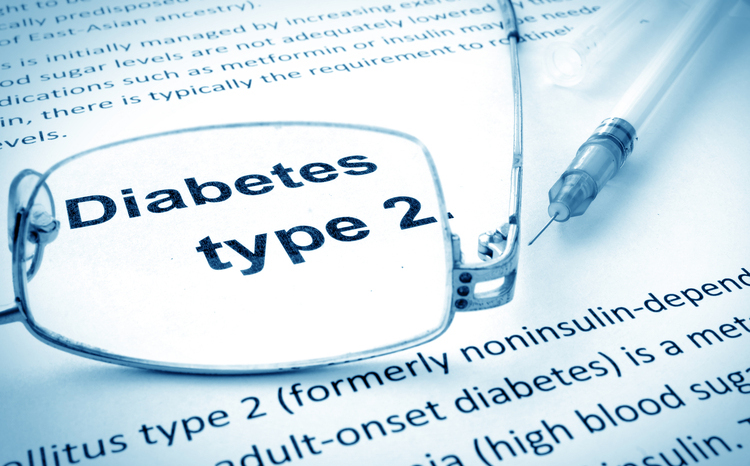Air Passenger’s Remote ECG Makes History
- 10 April 2003
The makers of Tempus 2000 remote monitoring equipment and bmi claimed a place in telemedicine and aviation history when a passenger became the first traveller on a commercial airline to have an electrocardiogram (ECG) recorded in flight and transmitted via satellite to ground-based US physicians.
The passenger, Stephen Clarke of Congleton, Cheshire, became ill on the bmi flight from Chicago to Manchester. Flight attendants swung into action with the Tempus 2000 made by Remote Diagnostic Technologies and installed by the airline 10 months ago.
The ECG was of sufficient quality for physicians at the receiving Medlink centre in Phoenix, Arizona, to diagnose a heart attack. The attendants administered emergency treatment under the US physicians’ supervision and Mr Clarke was admitted to Wythenshawe Hospital, Manchester, on arrival. He is now recovering at home.
Cardiologist, Dr Simon Ray, at Wythenshawe Hospital, said, “We were all very impressed. The doctors at Phoenix had a good quality ECG that allowed them to act confidently and decisively and they got the cabin crew to do all the right things. This seems to me to be a very significant advance. It should be much more widely available.”
Chief medical officer for bmi, Dr Graham Cresswell, said Tempus had been used many times since it was installed last year but Mr Clarke’s emergency was the first time it had been used to transmit an ECG from a commercial airliner in flight. The equipment also monitors blood pressure, pulse, temperature and blood oxygen and carbon dioxide levels.
He said, “I’m delighted that this, the most demanding of the techniques involved, was so effective and that our considerable investment in this cutting-edge equipment has been justified.”
He praised the manufacturers, physicians and cabin crew for their hard work in developing the remote monitoring system.




